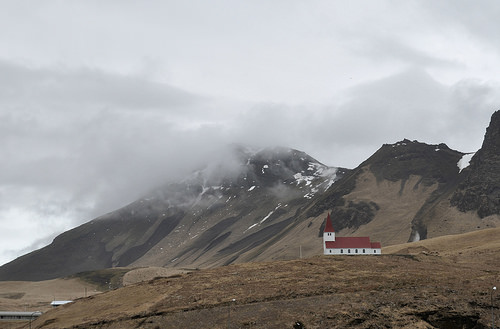Settling down in Iceland is a great experience for most expats, even if the weather, the language, and the cost of living can present challenges. The cost of living in Iceland is particularly high compared to the US and the UK.
Yet foreigners from various parts of Europe choose to settle on this island for a number of reasons, including its culture, the high level of safety, and the healthcare facilities.Icelanders are known to be among the healthiest people in the world. This fact is further highlighted by the high life expectancy and low infant mortality rates. The ratio of medical representatives to people is the highest in the world (3 to 4 doctors per 1000 patients). These factors can be credited to the well-organized healthcare sector, which is funded by the central government.
Healthcare in Iceland has not been privatized; it is entirely controlled by the Ministry of Health (MOH). All the citizens and residents contribute towards healthcare in the form of taxes. This ensures that everyone is entitled to receive healthcare coverage regardless of their social status or the size of their contribution. It is not possible for any citizen or resident to opt out of the healthcare system.
Insurance
When an expat first arrives in Iceland, their employer should register them with the National Insurance Office. All citizens of EEA countries are required to carry their European Health Insurance Card (EHIC) with them when they enter the country. This entitles them to medical insurance coverage for the first six months of their stay. Once they complete six months, they are covered by the National Healthcare system.
The state health insurance allows you to receive emergency care, hospital treatment, dental treatment, maternity care, physiotherapy, surgical care and medical prescriptions. The insurance also covers sickness benefits in case of an injury or illness that temporarily prevents you from working. You will receive a reimbursement of up to 75% for prescription medication. However, all patients are required to pay for antibiotics and painkillers.
There is no specific list of documents required to register for Icelandic healthcare. However, you will be asked to submit copies of your passport (or another form of identification), work/ stay permit and proof of residence to show that you have lived in the country for a period of six months.
Medical facilities
To access healthcare facilities, you first need to register with a GP. It is very easy to find good physicians in the larger towns and cities. However, those residing in rural areas may find it a bit more difficult to get in touch with a medical professional. You can find a doctor or a clinic in your neighborhood on www.heilsugaeslan.is. Unlike in other countries, patients do not need a referral in order to visit a specialist. For example, someone with severe headaches can directly visit a neurosurgeon, without first seeing their GP.
The healthcare system has been divided into various districts. Each district runs its own healthcare centers known as heilsugaeslustod. These centers usually belong to one of three categories, depending upon the strength of their medical staff:
The First Category The setup here should include a minimum of two doctors, various nurses and administrative executives.
The Second Category These centers will have a doctor and a nurse.
The Third Category These facilities will generally have a nurse or a midwife with a visiting doctor.
All these centers are regularly visited by ENT specialists, pediatricians, gynecologists and optometrists. Almost all the areas across the country have at least one doctor who is on call 24 hours. However, emergencies are usually treated by professionals in the emergency ward of a hospital. All the major towns and cities have good hospitals with highly qualified medical staff. There are mainly three types of hospitals: general hospitals, community hospitals and specialized teaching hospitals.
Chemists
Medicines in Iceland cost a lot more than they do in other countries. Every city and town will have at least one pharmacy (Apotek). The numbers and addresses for all chemists can be accessed through the phone book or online.
Have you moved to Iceland as an expat? How did you find the standard of healthcare? Let us know in the comments.


